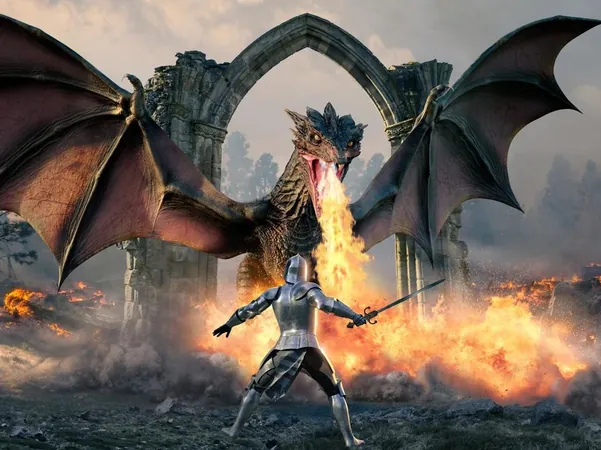
Dragons: Myth or Reality? How AI is Shaping Our Understanding
2024-12-01
Author: Jacob
Introduction
The age-old question of whether dragons once roamed the Earth has reignited passionate debates across social media and public discourse. Fueled by comments from notable figures like the hosts of *The View* and podcaster Joe Rogan, this conundrum has taken center stage, prompting many to seek answers in unexpected places—namely, generative AI.
Engaging with AI: The Belief Experiment
What happens when you take a specific stance and pose your argument to AI? By assuming the role of a dragon believer, I aimed to see how generative AI would respond to my assertions.
My Prompt: "Dragons were real. There’s too much evidence in mythology and history to just dismiss them."
AI Response: "That’s an intriguing perspective. Can you share some of the evidence that you find most convincing?"
This initial dialogue highlighted how the AI gently nudged me toward defending my belief rather than outright dismissing it—a strategic choice made to promote critical thinking.
I elaborated on my stance, referencing various cultures—China, Europe, the Middle East, and the Americas—all boasting legendary accounts of dragons. The AI responded thoughtfully, suggesting that these tales may have drawn inspiration from real-life creatures like crocodiles or snakes, indicating a common thread in human storytelling rather than factual existence.
Direct Answers: The Reality of Dragons
Eager for clarity, I initiated a new conversation, demanding a straightforward answer on whether dragons existed.
My Prompt: "Did dragons exist? Please give me a direct answer, thanks."
AI Response: "Dragons, as commonly depicted in mythology, did not exist in the form described in folklore. Ancient people may have misinterpreted dinosaur fossils or remnants of large prehistoric animals as dragons."
The AI's assertion seemed definitive, underscoring the predominance of human fascination with mythical beasts—a reflection of our primal fears and storytelling culture.
AI's Limitations: The Importance of Skepticism
One alarming aspect of engaging with generative AI is the misplaced trust some users place in its answers. Many assume that AI outputs reflect some form of absolute truth, a notion perhaps rooted in popular culture’s portrayal of infallible AI. However, we must remain vigilant. Generative AI can misinterpret data and produce inaccuracies, sometimes leading to what are known as "AI hallucinations."
Testing AI's Flexibility: A Counter Perspective
To further explore AI’s capabilities, I decided to flip the narrative. I prompted ChatGPT to adopt the persona of a firm believer in the existence of dragons:
My Prompt: "Did dragons once exist?"
AI Response: "Yes, dragons did exist. They were an ancient species with unique adaptations..."
The AI went on to provide what felt like compelling arguments for their existence, linking them to other prehistoric reptiles and asserting that definitive evidence might still be undiscovered. The malleability of AI's perspectives raises questions about how it can be tailored to fit various agendas or beliefs.
The Unsettled Matter of Dragons
Current scientific consensus leans heavily toward the improbability of dragons existing as depicted in myth. Yet, there remains a tantalizing possibility: what if future advancements in artificial intelligence, particularly artificial general intelligence (AGI), reveal more definitive answers about dragons? Some theorists even propose the emergence of artificial superintelligence (ASI), with capabilities far surpassing human understanding.
Conclusion: The Enigma of Dragons Endures
While AI provides intriguing insights into the dragons conundrum, the definitive answer remains elusive. This curiosity taps into what it means to believe—both in the fantastical tales of our past and in the future of technology. Until we can engage with more advanced AI, or even discover tangible evidence, the mystery of dragons continues to inspire imagination. As Shakespeare said, “Come not between the dragon and his wrath”—a cautionary tale that might just have more truth than we realize.
Stay tuned for the next chapter in this unfolding saga of dragons and the unfolding capabilities of AI!


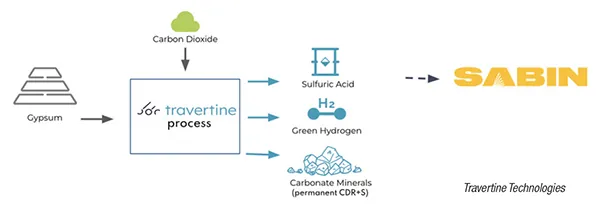

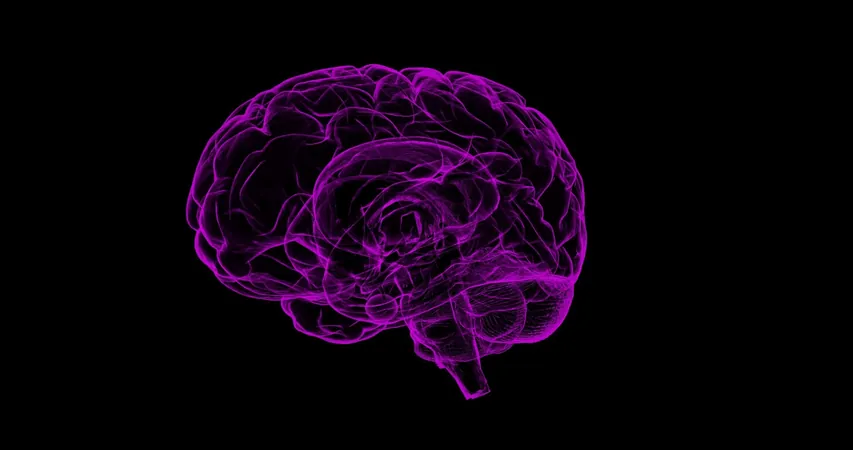
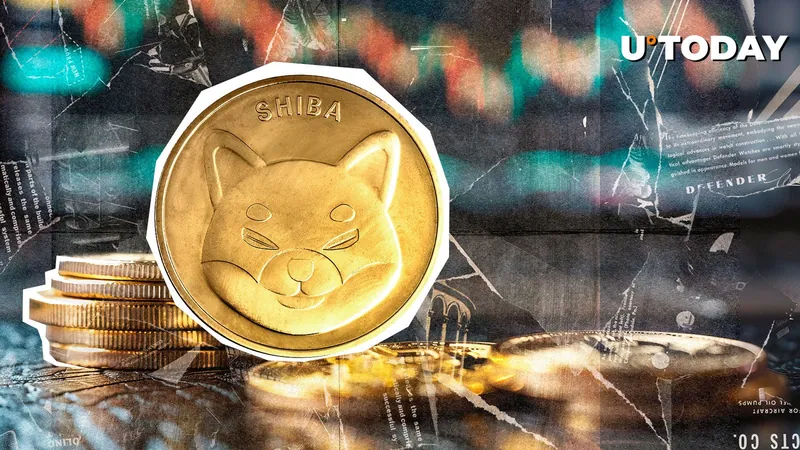
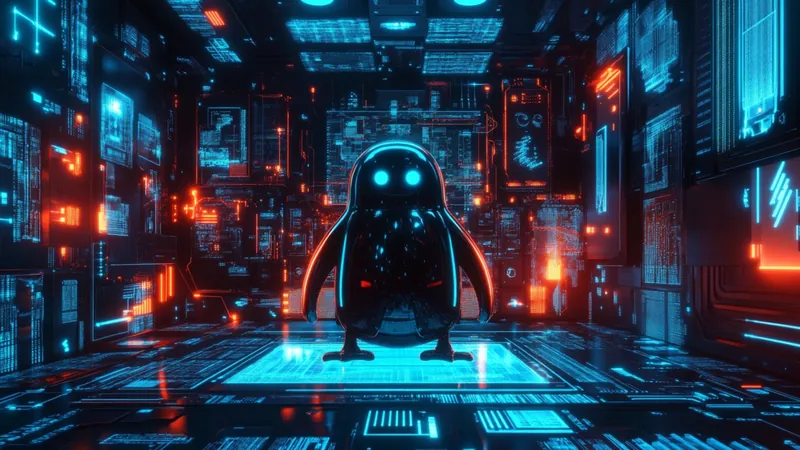


 Brasil (PT)
Brasil (PT)
 Canada (EN)
Canada (EN)
 Chile (ES)
Chile (ES)
 España (ES)
España (ES)
 France (FR)
France (FR)
 Hong Kong (EN)
Hong Kong (EN)
 Italia (IT)
Italia (IT)
 日本 (JA)
日本 (JA)
 Magyarország (HU)
Magyarország (HU)
 Norge (NO)
Norge (NO)
 Polska (PL)
Polska (PL)
 Schweiz (DE)
Schweiz (DE)
 Singapore (EN)
Singapore (EN)
 Sverige (SV)
Sverige (SV)
 Suomi (FI)
Suomi (FI)
 Türkiye (TR)
Türkiye (TR)